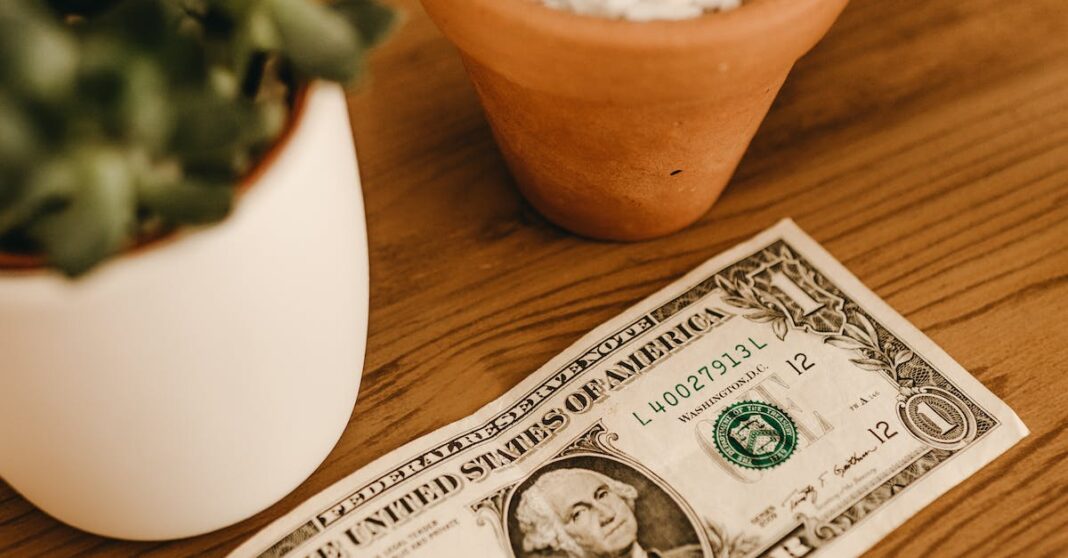When reading about personal finance, there are many subjects to cover. Some examples are budgeting, savings, insurance, investments and those things concerning your retirement. Read on to find the best suggestions on how to handle your personal finances in the short term, as well as, what you should be doing long term.
Don’t waste your time and money on get-rich-quick schemes. Many people get suckered by Internet scams. The majority of your money should be spent making more money, not on learning how to make more money.
When it comes to investments try to remember, stocks first and bonds later. When you are young invest in stocks, and as you get older move into bonds. It is a great long-term investment strategy to choose stocks. If the market takes a turn for the worse, you will have plenty of time left to make up what you have lost. Bonds are less risky, and better to invest in as you age.
Even in a world of online bank accounts, you should still be balancing your checkbook. It is so easy for things to get lost, or to not really know how much you have spent in any one month. Use your online checking information as a tool to sit down once a month and add up all your debits and credits the old fashioned way. You can catch errors and mistakes that are in your favor, as well as protect yourself from fraudulent charges and identity theft.
Watch those nickles and dimes. Small purchases are easy to forget about and write off, as not really making much of a difference in your budget. Those little expenses add up fast and can make a serious impact. Take a look at how much you really spend on things like coffee, snacks and impulse buys.
After you’ve developed a clear cut budget, then develop a savings plan. Say you spend 75% of your income on bills, leaving 25%. With that 25%, determine what percentage you will save and what percentage will be your fun money. In this way, over time, you will develop a savings.
Try to refrain from keeping a lot of money in your checking account. Typically, you will not need to have more than a thousand dollars to pay your bills and expenses. Instead, invest your money so that you can build on the money that you already have in your account.
Pay off your high interest debts before saving. If you are saving in an account that pays 5%, but owe money on a card that charges 10%, you are losing money by not paying off that debt. Make it a priority to pay your high interest cards off and then stop using them. Saving will become easier and more beneficial as well.
At the end of every day, empty out all of the change in your pockets, purse, and briefcase into a jar for saving. Once per month, you can deposit the money into your savings account, where it will earn interest. Avoid losing out on surcharges and fees from coin-counting machines.
When budgeting, be sure to allot a bit of cash for pocket money. It’s important to have a little spending money for unexpected, spur of the moment purchases. Use your allowance to buy yourself whatever you want, and don’t spend any more that that. This way, you can have small treats without causing big damage.
If you’re trying to start a budget using a program, try to avoid spending with cash. It’s easy to forget about cash purchases and not factor them in, since they’re much more difficult to track with budgeting software. Instead, use debit or credit cards wherever possible to keep your spending visible.
Make sure that you review your investment portfolio periodically to see if your investment mix is still suitable to your life goals. You might need to rebalance your mix if there have been any major life changes. Keep in mind that every time you trade shares in and out of your portfolio, you may incur trading fees, so think carefully before you move any assets around.
A great personal-finance tip is to assess your home and figure out what kinds of changes you can make to reduce your monthly energy bill. This is an important strategy to save a substantial amount of money. It could be anything as simple as turning lights off whenever you leave a room.
Open an emergency savings account and make regular deposits from your paychecks. It is even better to ask your employer to deposit a certain amount of money directly to your savings account. You won’t miss the money you don’t see on your regular checking account and the regular deposits ensure a substantial savings in the foreseeable future.
As you can see from the above article, personal finance is more than just your paycheck. It involves both short-term and long-term goals for your money. Smart decisions now, could see you through some tough times in the future. You will be glad that you buckled down and took control of all your personal finances.



